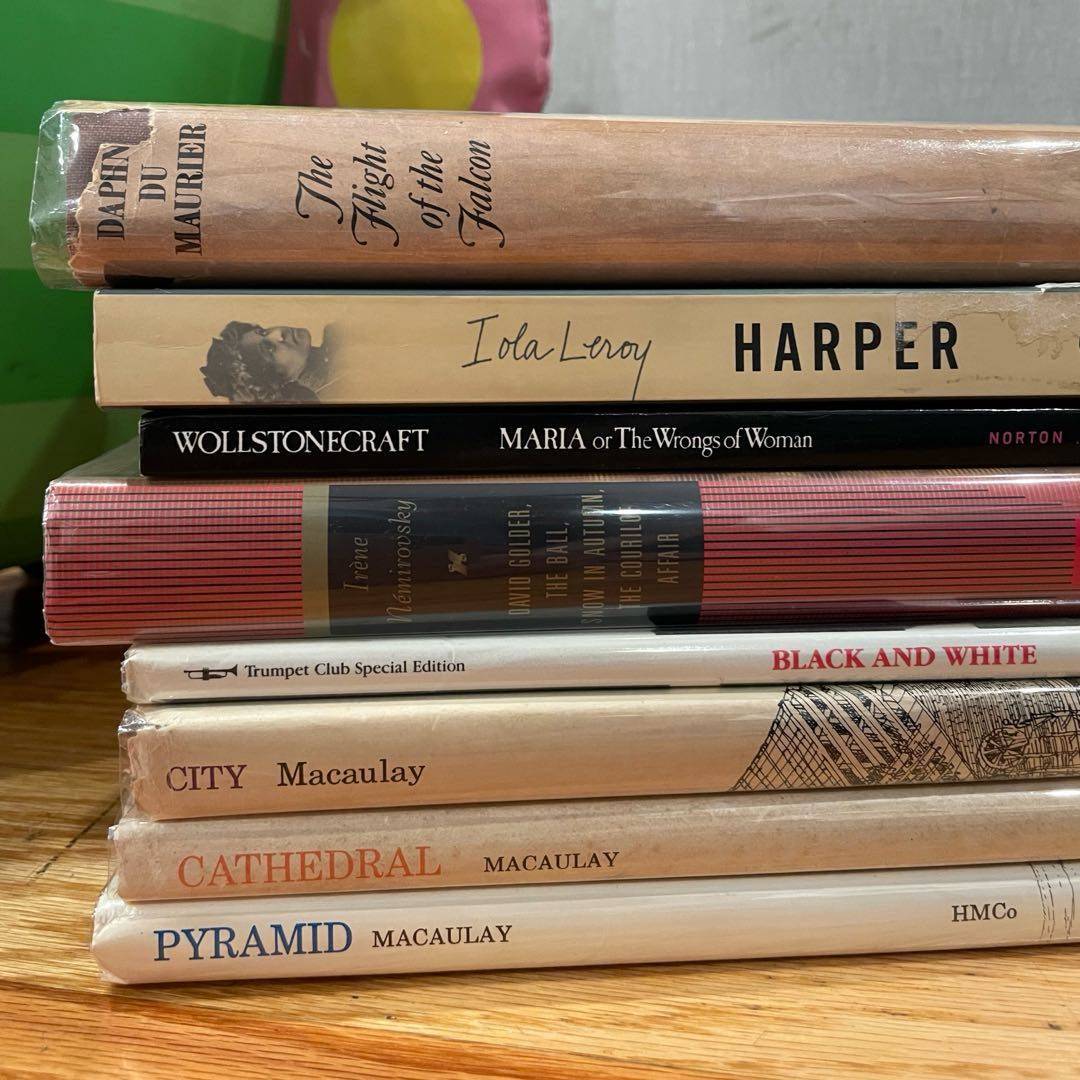
Really overly excited about this massive #bookhaul from a used bookstore in Philly.
Yes, all of this fiction counts as rare as per my 2025 reading challenge. 😬😬😳😳🤪🤪

Really overly excited about this massive #bookhaul from a used bookstore in Philly.
Yes, all of this fiction counts as rare as per my 2025 reading challenge. 😬😬😳😳🤪🤪

What a powerful book this was! Featuring essays from different Black women, this book was likely seen as radical in its time (1970). We need these words followed by collective direct action, now more than ever. These voices discuss how all issues intersect with a lens that only Black Feminism can give.
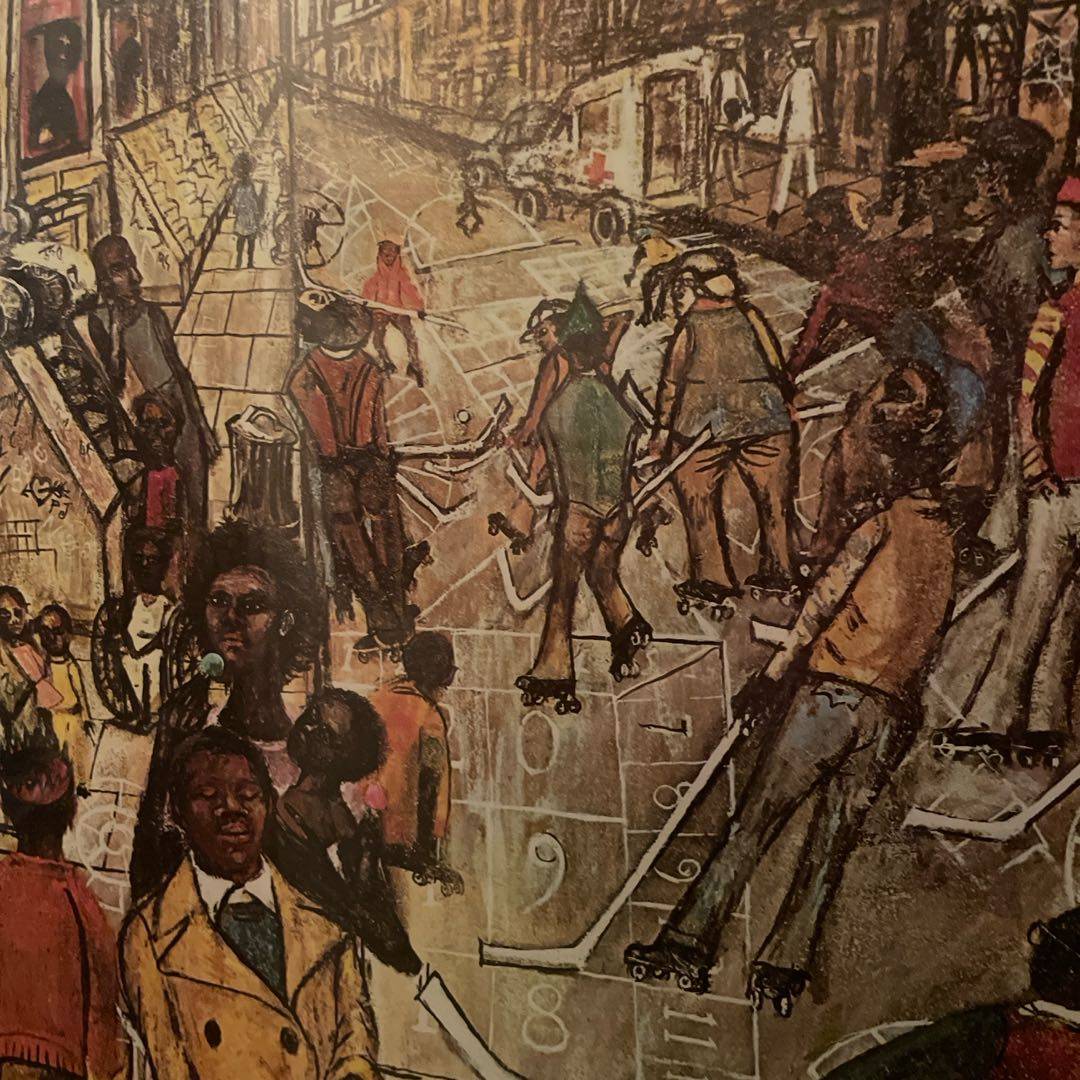
A very compelling story blending the genre of sentimental abolitionist novel with slave narrative to question the caste system of race in post civil war America. Iola was almost too good for me. I hated how her story was told through the men in the novel but loved the story, told with grace, although it addressed the darkest and most disgusting part of a deeply American institution, one were still reckoning with today.
📸 by Philip Evergood
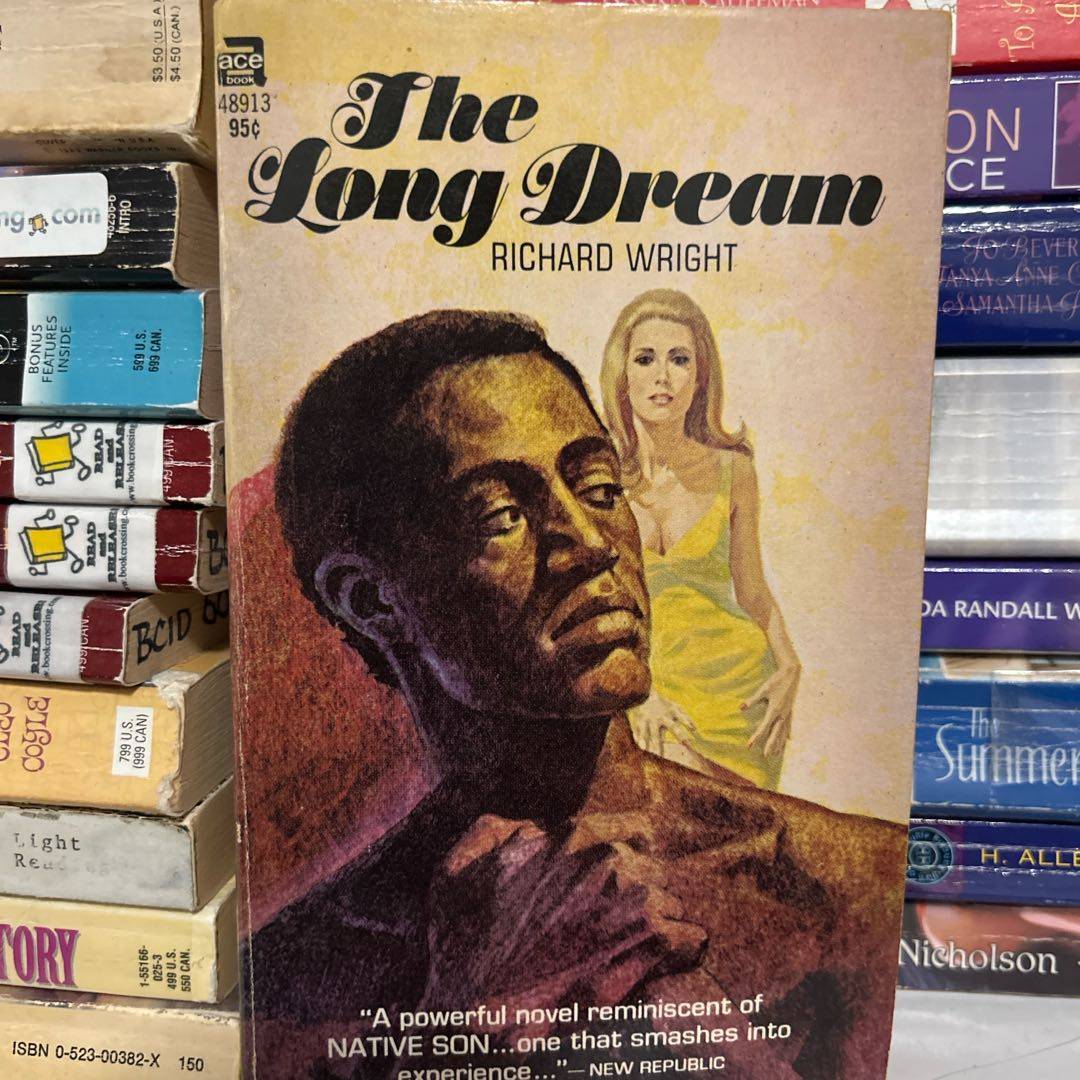
I‘m posting one book a day from my massive collection. No description, no reason for why I want to read it (some I‘ve had so long I don‘t even remember why!). Feel free to join in!
#ABookADay2024
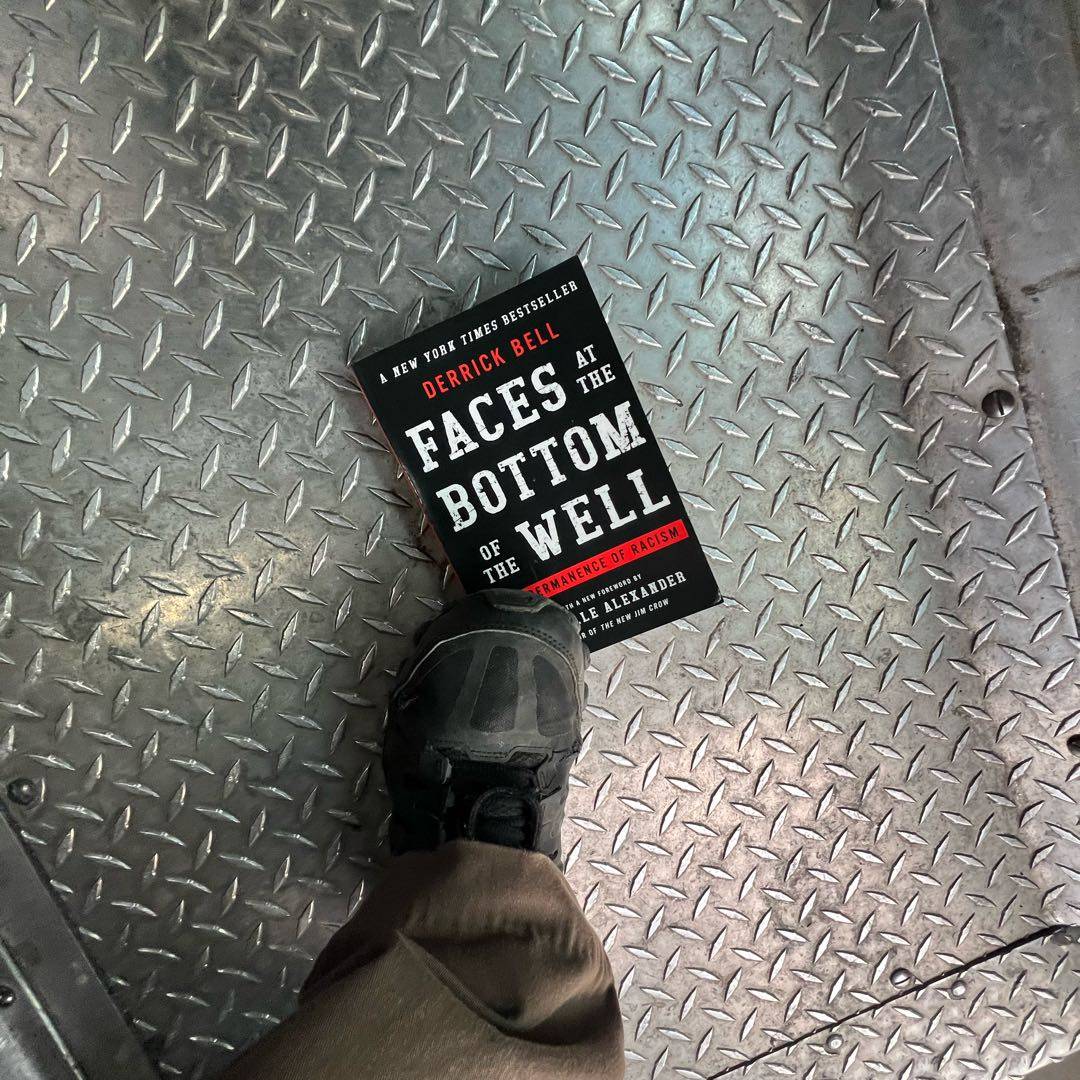
Simply put: this book is amazing. Bell has touched on a lot of topics that have never sat well with me around racism that I now have some voice to. His parables about racism‘s permanence in America and how issues need to be reconciled not resolved is, for lack of a better term, eye opening.
While his style is pretty corny he is able to state his points with pristine clarity. He wanted EVERYONE to read this not just intellectuals.
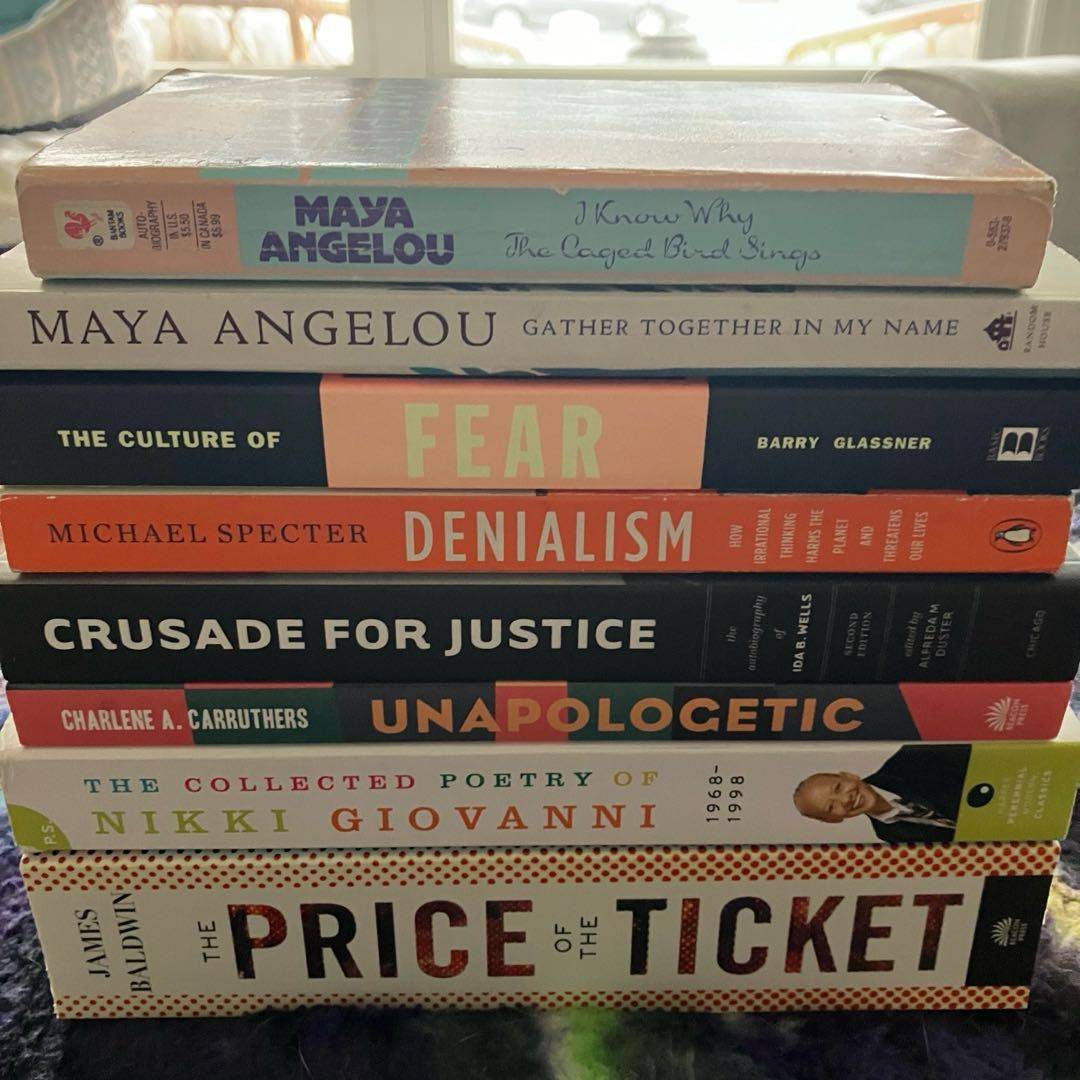
In the wake of US election results, in the midst of other local activism planning, I‘m finding some small comfort in looking through my shelves to find books which will inspire me to keep going, keep fighting. These are books I‘m going to move up my TBR for the near future. I‘m sure I‘ll add to the stack as I look through my library more. Are there any books y‘all are thinking about these days?
I think the thing that is most interesting but also most upsetting about this book is that it was written in 1995 but is still so relevant. Obviously hooks is brilliant, but it means that the state of discourse around art, race, and gender has really not progressed much in the past 30 years.